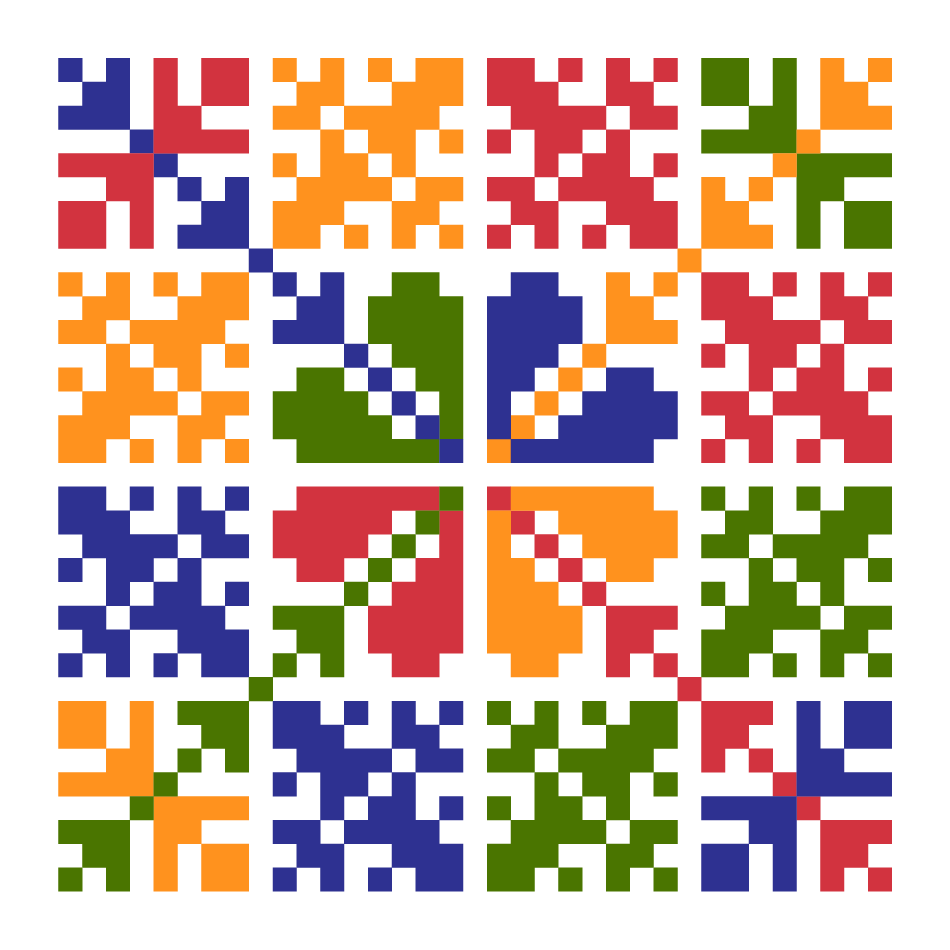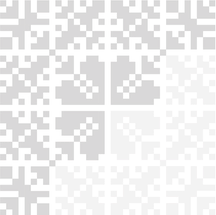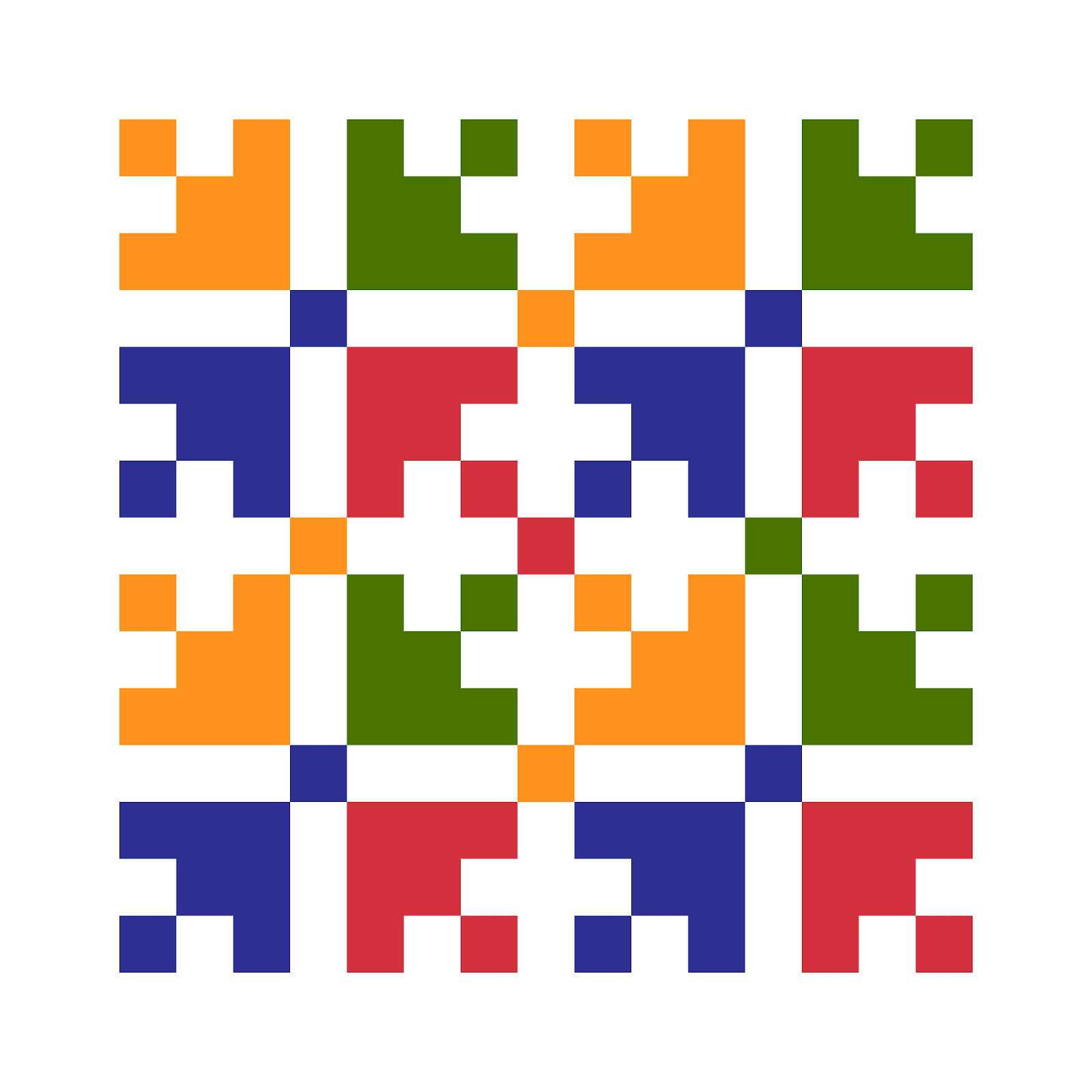C4 M1 L5 Grammar
4 | Modul 1: Gramatika
Dome, slatki dome
4 | 1 | Lekcija 5: Moja cimerica
| Glagoli
POČINJATI (to start) | |||||
ja | počinj-em | mi | počinj-emo | ||
ti | počinj-eš | vi | počinj-ete | ||
on/-a/-o | počinj-e | oni/-e/-a | počinj-u | ||
ZAVRŠAVATI (to finish) | |||||
ja | završav-am | mi | završav-amo | ||
ti | završav-aš | vi | završav-ate | ||
on/-a/-o | završav-a | oni/-e/-a | završav-aju | ||
DOLAZITI (to come) | |||||
ja | dolaz-im | mi | dolaz-imo | ||
ti | dolaz-iš | vi | dolaz-ite | ||
on/-a/-o | dolaz-i | oni/-e/-a | dolaz-e | ||
| Months and Seasons
When we express the idea “in […] month,” Croatian uses the preposition u plus the Locative case.
siječanj | u siječnju | srpanj | u srpnju |
veljača* | u veljači | kolovoz | u kolovozu |
ožujak | u ožujku | rujan | u rujnu |
travanj | u travnju | listopad | u listopadu |
svibanj | u svibnju | studeni | u studenom** |
lipanj | u lipnju | prosinac | u prosincu |
February
Veljača is the only month that takes the feminine gender.
November
Studeni is the only month that takes the masculine singular adjective ending. All other months take the noun ending based on their gender.
Most of the months have mobile (fleeting) -a- that will disappear in their Locative form. Look at the following example: siječanj – u siječnju.
4.1 Zadatak 17. Koje je godišnje doba?
Listen to the recording. You will hear a certain month. Indicate what season this month occurs.
4.1 Zadatak 18. U kojem mjesecu?
Listen to the following months and mark the appropriate ordinal number that indicates which month was mentioned.
| Noun DOBA
The Croatian noun doba grammatically follows the rules of the neuter gender. Thus, we should say, for example: lijepo doba.
Remember
Do not confuse the noun DOBA (n.) with DOB (f.)! They are both irregular in their gender and ending form, but they also mean different things.
doba – (time) period neuter gender | dob – age feminine gender |
u zimsko doba (during the winter time) | mlada dob (young age) |
Images used in this document are from these sources.






